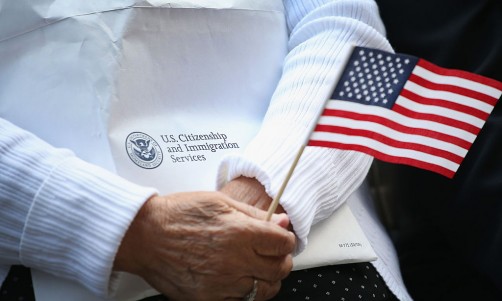Can't get that noticeable girl or guy out of your head? Fantasizing about the pure soul when you should be working? Visualization your future being together? These zapping thoughts may be symbols of love.
Scientist have discovered how exactly what it means to "fall in love." Scientists have found that an in-love brain looks very different from one feeling mere lust, and it's also unlike a brain of someone in a long-term, dedicated relationship. Studies led by Helen Fisher, an anthropologist at Rutgers University and one of the leading specialists on the biological basis of love, have exposed that the brain's "in love" phase is a exceptional and precise period of time, and there are 13 significant signs that you're in it.
This One's Special
When you're in love, you start to think your beloved is exceptional. The belief is attached with an inability to feel romantic desire for anyone else. Fisher and her colleagues believe this vision results from raised levels of central dopamine - a chemical involved in devotion and focus - in your brain.
She's Perfect
People who are truthfully in love tend to focus on the positive characteristics of their beloved, while overseeing his or her negative traits. They also emphasize on trivial events and objects that remind them of their loved one, daydreaming about these valuable little moments and mementos.
I'm A Wreck!
These mood swings similar the behavior of drug addicts. And indeed, when in-love people are shown images of their loved ones, it fires up the same sections of the brain that trigger when a drug addict takes a hit. Being in love, researchers say, is a form of an addiction.
Adversity Made Us Closer
Going through some sort of hardship with another person tends to intensify idealistic attraction. Central dopamine may be accountable for this reaction, too, because the study shows that when a reward is delayed, dopamine-producing neurons in the mid-brain region become more creative.
I'm Obsessed With Her/Him
People who are in love tale a story that they spend, on average or more than 85 percent of their waking hours thoughtful over their "love object," said Fisher. Invasive thinking, as this form of obsessive behavior is called, may result from reduced levels of central serotonin in the brain, a disorder that has been associated with obsessive behavior.
I Wish We Could Be Together All The Time
The functional magnetic resonance imaging (fMRI) showed stimulation in several brain areas, including forebrain areas like the cingulate gyrus that have been shown in cocaine cravings. "Activation of areas tangled in cocaine addiction may help explain the fixated behaviors associated with rejection in love," the researchers wrote in 2010 in the Journal of Neurophysiology.
I Hope We Stay Together Forever
"Functional MRI studies show that primeval neural systems underlying drive, reward acknowledgement and euphoria are active in almost everybody when they look at the face of their beloved and think loving feelings.
I'd Do Anything For Him/Her
People who are in love commonly feel a powerful sense of empathy toward their darling, feeling the other person's pain as their own and willing to sacrifice everything for the other person.
Would He/She Like This Outfit?
Falling in love is noticeable by a tendency to reorder your daily importance and/or change your clothing, mannerisms, habits, and values so that they had better align with those of your cherished.
Can We Be Exclusive?
Those who are deeply in love characteristically experience sexual craving for their beloved, but there are strong emotive strings attached: The longing for sex is coupled with selfishness, a desire for sexual snootiness, and jealousy when the partner is so-called of infidelity. This possessiveness is believed to have changed so that an in-love person will compel his or her partner to spurn other suitors, thus insuring that the couple's dating is not interrupted until outset has occurred.
It's Not About Sex
While the desire for sexual union is vital to people in love, the craving for emotional unification takes precedence. A learning found that 64 percent of people in love disagreed with the statement, "Sex is the most significant part of my relationship with."
I Feel Out Of Control
Fisher and her colleagues found that individuals who report being "in love" commonly say their passion is involuntary and uncontainable.
The Spark Is Gone
Inappropriately, being in love usually doesn't last forever. It's a temporary state that either changes into a long-term, inter-reliant relationship that experts name it as "attachment," or it dispels, and the relationship melts. If there are physical or social barriers constraining partners from seeing one another frequently - for example, a long-distance relationship - then the "in love" phase usually lasts longer than it would then.














